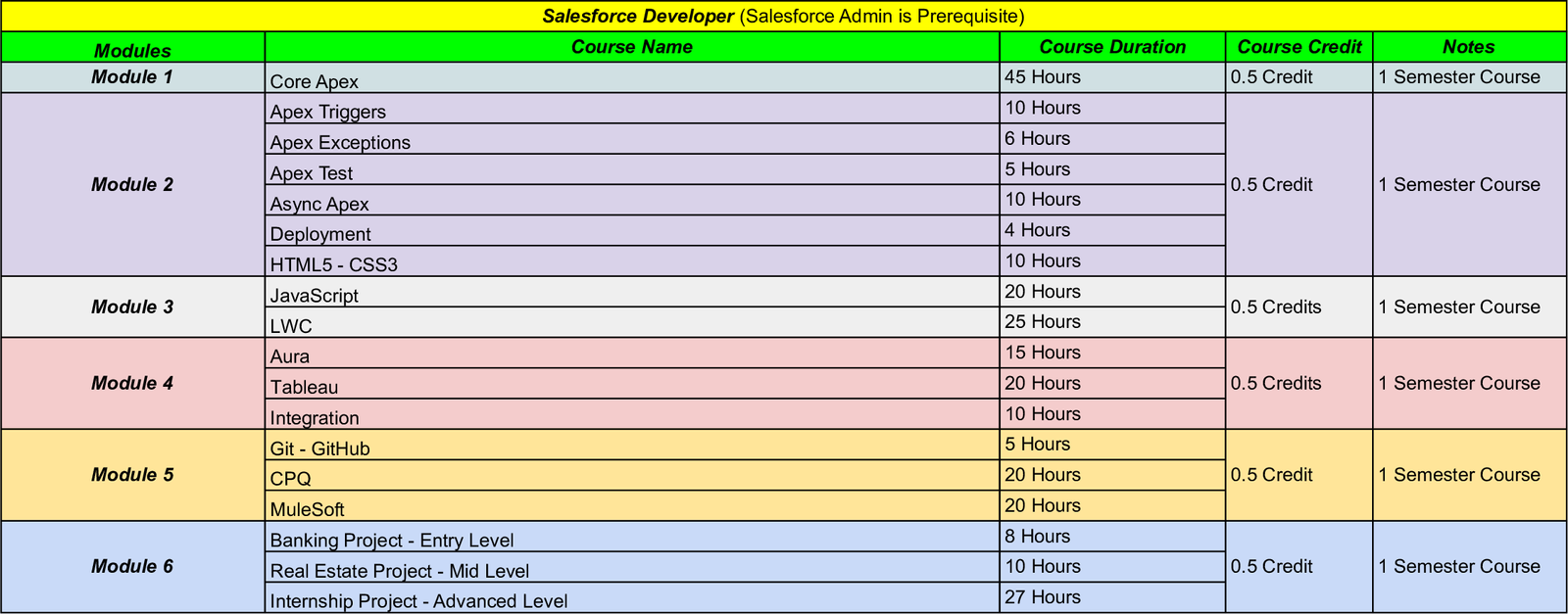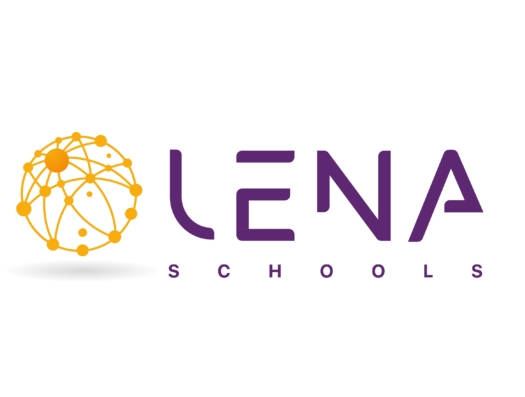What does a Salesforce Developer do?
The majority of Salesforce technology developers create unique company apps and solutions. They either use Heroku or the Salesforce Platform, which includes the communities for Sales Cloud, Service Cloud, and Experience Cloud. While some programmers specialize, the majority fall under the category of full-stack programmers, who work on both front-end user interfaces and back-end logic.
In the world of Salesforce, there are numerous options for developers outside of the Salesforce Platform. On Marketing Cloud, some people create unique marketing experiences. Others use Tableau to explore the depths of data and reveal fresh insights. With Commerce Cloud’s PWA kit, developers are creating interesting commerce experiences. Others use customized Slack apps to create their company’s digital headquarters.
Salesforce technologies offer opportunities for developers to work with every aspect of business applications.
Which skills does a developer need to work with Salesforce?
Every developer uses code, so you might be wondering what programming languages you could utilize. Quite a bit depends on the Salesforce area you choose to work in.
JavaScript and Apex are the two most well-known languages in the Salesforce community. Naturally, the language utilized for front-end changes as exposed by Lightning Web Components is JavaScript. The Salesforce ecosystem’s most extensively used back-end language is Apex.
However, we constantly broaden the range of languages that developers can utilize with Salesforce. Our functions-as-a-service (FaaS) offering, Salesforce Functions, was just released and currently supports JavaScript and Java, with Python on the horizon.
There are two domain-specific query languages available on the Salesforce Platform. A query language similar to SQL called Salesforce Object Query Language (SOQL) is used to access data in the Salesforce multi-tenant database. The platform’s text-based search language, Salesforce Object Search Language (SOSL), can be used to locate both data and documents that are stored there.
Some products support additional languages in addition to the Salesforce Platform. The Slack Bolt SDK offers compatibility for JavaScript and Python. You may use AMPscript for Marketing Cloud to create individualized marketing experiences. Your data transformations can be created in DataWeave if you create integrations with MuleSoft. If you deal with dashboards in Salesforce CRM Analytics, you might adjust visualizations using the Salesforce Analytics Query Language (SAQL). And most recently, the Customer Data Platform (CDP) has introduced SQL as a means of accessing its data.
The language and technological landscape for Salesforce are extensive and varied. Whatever your interests, there is a niche you can master.
Every developer working within the Salesforce ecosystem will eventually learn how to use the no-code tools that assist their job since Salesforce enables no-code customizations. As an illustration, simple user interface (UI) changes, data security rules, and wizards are all elements that can be implemented without any coding at all.
The simplest transition to working in the Salesforce industry is typically made by developers with prior experience in corporate software. But it’s not necessary in any way. I’ll say it again: Any developer can work at Salesforce. Many people transferred over from other software engineering positions or joined straight out of college.
Salesforce Developer salary and job outlook
Developers are still in great demand as the Salesforce ecosystem expands. The average annual growth in new developer roles over the last five years has been 206 percent. Additionally, a developer’s starting salary in the United States is $108,000 annually.
Salesforce is frequently chosen by developers looking for a job. Many people who come here become addicted to the helpful support of the Salesforce Developer Community. Local in-person meetups are another way to make connections, exchange ideas, and advance your career.
Through the Salesforce Developers group in the Trailblazer Community on Trailhead-Salesforce’s free online learning platform-participate in daily virtual conversations with developers.
Bootcamp Curriculum


